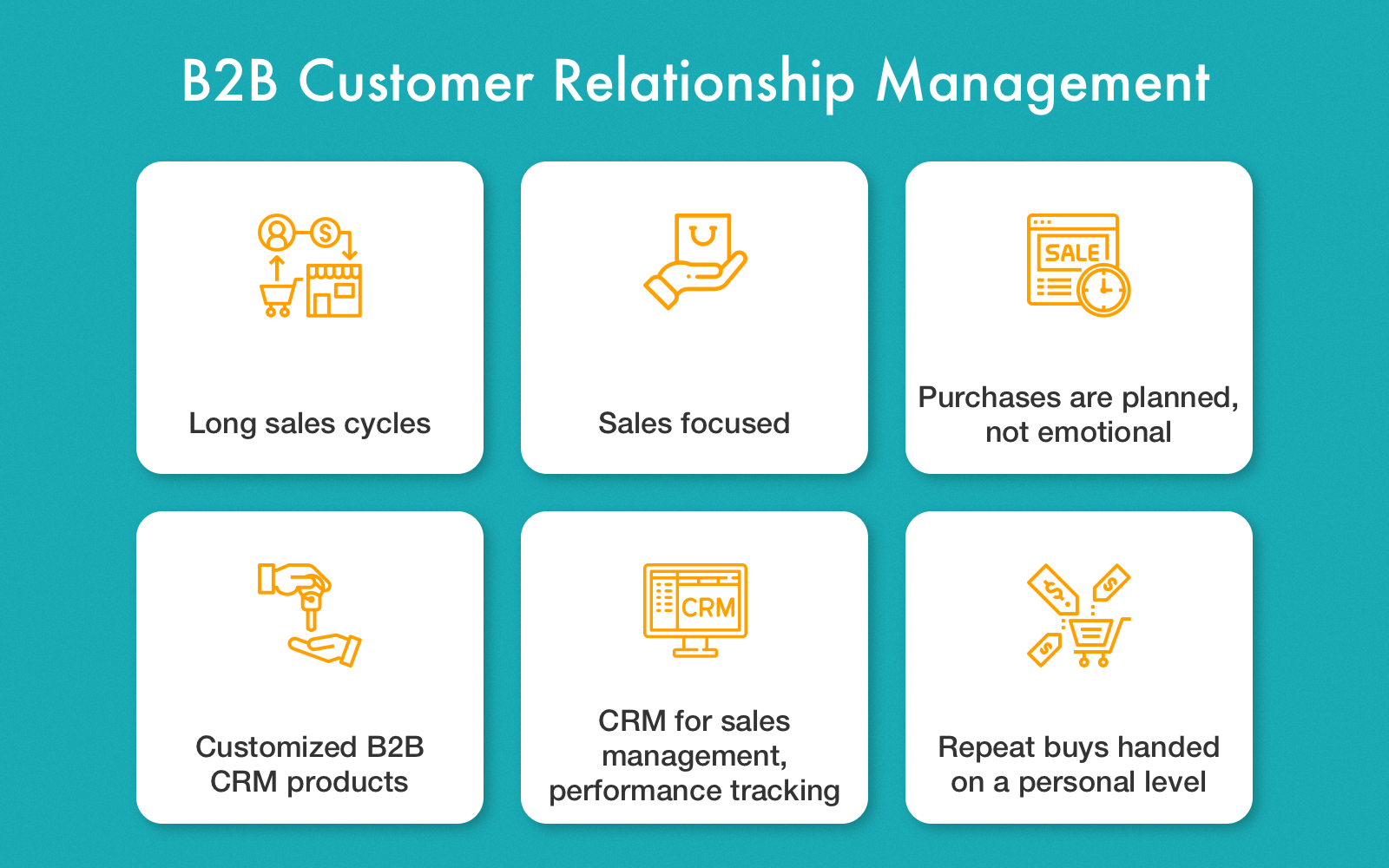The Power of CRM: Unlocking Smarter B2B Relationships
The Power of CRM: Unlocking Smarter B2B Relationships

The Power of CRM: Unlocking Smarter B2B Relationships
In today’s fast-paced business world, managing relationships with other companies can be a daunting task. With numerous interactions, multiple decision-makers, and complex sales processes, it’s easy to get lost in the shuffle. That’s where Customer Relationship Management (CRM) software comes in – a game-changer for businesses that want to stay on top of their B2B relationships.
In this article, we’ll explore the world of CRM and how it can help you build stronger, more meaningful connections with your business partners. Whether you’re a seasoned sales pro or just starting out, you’ll learn how CRM can help you streamline communication, boost sales, and grow your business.
What is CRM?
CRM is a software solution that helps you manage all interactions with current and potential customers, including emails, phone calls, meetings, and social media interactions. It’s like having a personal assistant, but instead of just scheduling appointments and making coffee, it helps you build relationships that drive business results.
Benefits of CRM for B2B Relationships
So, why do businesses need CRM for managing B2B relationships? Here are just a few benefits:
- Streamlined Communication: With CRM, all your interactions are stored in one place, so you can easily track conversations and pick up where you left off.
- Improved Sales: By having a clear view of your sales process, you can identify bottlenecks and optimize your approach for maximum results.
- Enhanced Customer Experience: With CRM, you can tailor your interactions to each customer’s unique needs and interests, building loyalty and trust.
- Increased Efficiency: Automate routine tasks, like data entry and follow-up emails, so you can focus on high-value activities that drive growth.
- Better Decision-Making: Get valuable insights from data and analytics to inform your business decisions and drive strategic growth.

Key Features of CRM for B2B Relationships
When it comes to CRM for B2B relationships, here are the essential features to look out for:
- Contact Management: Store and organize all your contacts, including decision-makers and influencers, in one place.
- Sales Process Management: Track each stage of the sales process, from lead generation to conversion.
- Customizable Workflows: Tailor your workflows to fit your unique business needs and processes.
- Analytics and Reporting: Get insights into your sales performance and customer behavior with real-time data and analytics.
- Marketing Automation: Automate routine marketing tasks, like email campaigns and lead generation.
Making the Most of CRM for B2B Relationships
So, you’ve got CRM software – now what? Here are some tips to help you get the most out of it:
- Use it consistently: Make CRM a part of your daily routine, updating contacts, tracking interactions, and reviewing analytics.
- Customize it: Tailor your CRM to fit your business needs and processes, so it’s intuitive and user-friendly.
- Train your team: Make sure everyone is on the same page when it comes to CRM, with regular training and feedback sessions.
- Integrate with other tools: Connect your CRM with other business apps, like marketing automation and customer support software.
- Analyze and adjust: Use CRM data and analytics to inform your business decisions and drive strategic growth.
The Future of CRM for B2B Relationships
As technology continues to evolve, we can expect to see even more exciting developments in the world of CRM for B2B relationships. Here are a few trends to watch:
- Artificial Intelligence (AI): AI-powered CRM will provide even more sophisticated insights and automation, making it easier to personalize and optimize your interactions.
- Mobile Access: With more people working on-the-go, CRM will become even more accessible and user-friendly on mobile devices.
- Social Media Integration: CRM will increasingly integrate with social media, allowing you to track and analyze social interactions in one place.
Real-Life Examples of CRM Success
Here are a few inspiring stories of businesses that have achieved success with CRM for B2B relationships:
- Salesforce: This CRM giant uses its own software to manage relationships with its customers and partners, resulting in increased sales and customer satisfaction.
- HubSpot: This marketing and sales platform leverages CRM to deliver personalized experiences to its customers, driving engagement and conversions.
- IBM: This tech giant uses CRM to manage complex B2B relationships with its clients, resulting in increased sales and customer loyalty.
Getting Started with CRM for B2B Relationships
Ready to unlock the power of CRM for your B2B relationships? Here are some next steps to get you started:
- Research CRM software: Explore different options and choose one that fits your business needs and budget.
- Define your goals: Identify what you want to achieve with CRM, whether it’s increased sales or improved customer satisfaction.
- Get trained: Take advantage of training and support to get the most out of your CRM software.
- Start small: Begin with a pilot project or small team to test and refine your CRM approach.
- Review and adjust: Continuously monitor and refine your CRM strategy to ensure it’s driving the results you want.
Conclusion
CRM is a powerful tool for managing B2B relationships, allowing you to build stronger, more meaningful connections with your business partners. With its many benefits, key features, and exciting future developments, CRM is an essential part of any successful business strategy. By following these tips and best practices, you’ll be well on your way to unlocking the full potential of CRM for your B2B relationships.
What’s Your Next Step?
Whether you’re just getting started with CRM or looking to optimize your existing strategy, we’d love to hear from you. Share your thoughts and experiences in the comments below, and let’s keep the conversation going.
